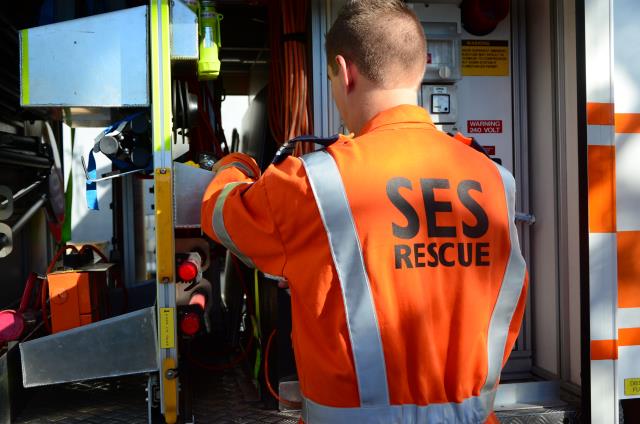Hume is one of poorest ranked municipalities for mental health, according to a new report on the mental health needs of Melbourne’s northern and western suburbs.
The North Western Melbourne Primary Health Network (NWMPHN) Mental Health – Health Needs Assessment report examined the mental health and care needs of the 1.9 million people living in the network’s 3200 square-kilometre catchment, which comprises 13 local government areas, including Hume and the Macedon Ranges.
According to the report, Hume has one of the highest levels of mental health need, alongside Brimbank and Wyndham.
The report stated that Hume experienced social disadvantage across multiple indicators, specifically housing stress and low individual and household income, which can have negative consequences of mental health and wellbeing.
“Above average rates of [emergency department] presentations and hospitalisations due to suicidal ideation highlight there are complex mental health needs in the population requiring tailored intervention,” the report stated.
“Hume also benchmarks below Victorian state averages in multiple risk factors that can affect mental health and increase need. Specifically, there are a high proportion of children who are developmentally vulnerable, high levels of family violence and a large proportion of adults who are living with obesity.”
The report found there was a need for targeted services that cater to the varying and unique needs of the Hume community, including the area’s younger age profile and cultural diversity.
The report synthesised data from various sources such as the Australian Bureau of Statistics census, mental health-related hospital admissions and emergency department presentations, general practice mental health diagnoses, demand for appointments and community health service use and demand.
It also included detailed insights from conversations with more than 170 people, including community members with living experience of mental health issues, carers and representatives from 68 health care organisations.
NWMPHN service development and reform executive director Jag Dhaliwal said the report was a key tool in understanding where mental health services are most needed.
“It allows us, with the broader health care sector, to allocate resources more efficiently and economically, delivering better care to the people who need it, and driving value for taxpayer money at the same time,” he said.

















